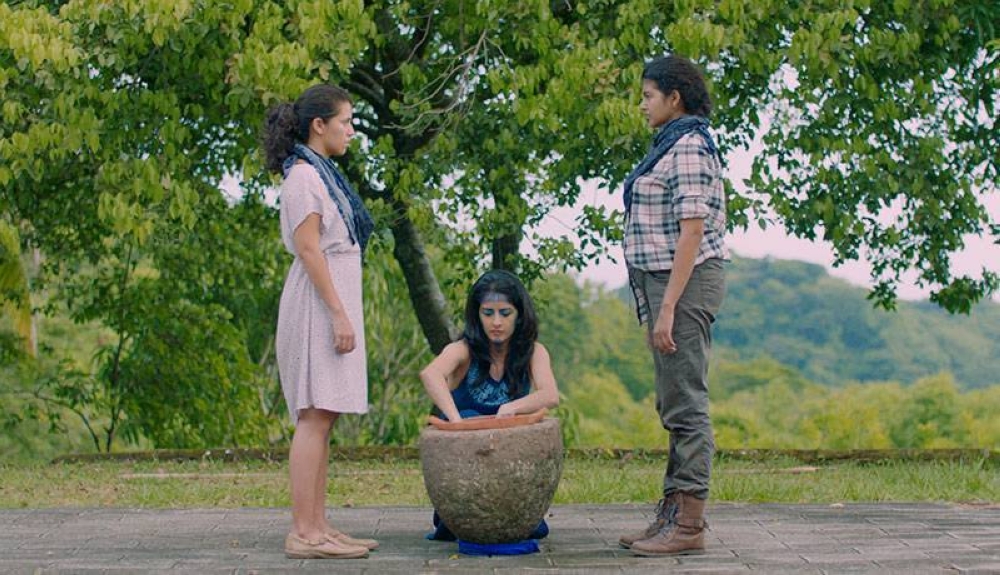“Once upon a time there was an indigo spirit who stopped in El Salvador and discovered the history of a country wounded and worn out by centuries of bad weather…”, so begins the synopsis of the documentary “Añil” (2023). This month will feature the work of Salvadoran researcher Paula Cuellar Cuellar.
The film was directed by Salvadoran-Mexican filmmaker Julio López Fernández and focuses on Paula’s doctoral dissertation, titled “Salvadoran Women Speak Out: Women’s Stories of the Revolution,” on the rape of women and girls. Armed conflict between government forces and guerrilla forces.
Although Cuellar Cuellar’s research included interviews with 60 women from across the country, the documentary focuses on the testimonies of Neris Gonzalez and Rebecca (not her real name), whose experiences are portrayed by young actors Amy Mena, Larissa Maltese and Lilibeth Rivas. Filming took place in 2022 and resulted in a visceral but highly relevant piece of Salvadoran historical memory.
Paula offered an exclusive interview from the United States, where she continues her research work, before arriving in the country to preview “Añil.”
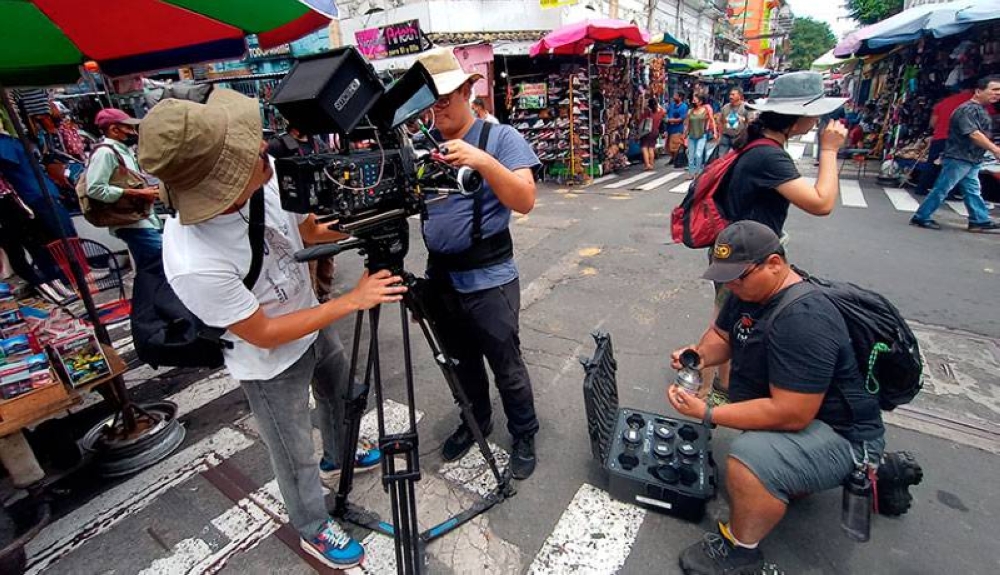
Filming took place in 2022 at various locations in El Salvador.
How did you choose the topic for your research that is now motivating the documentary?
One of the reasons I delved into the issue of rape during the armed conflict in El Salvador was the fact that in analyzing the report of the Truth Commission, rape was one of the seven crimes that the commissioners said were occurring. Research was done, but it was minimized and marginalized, and several findings were reflected only in the appendices of the report. The main text does not describe the cases as crimes.
It’s not that I’m saying it’s a gender issue, because some people told me that when the report was being prepared, the gender issue was not as relevant as it is now. I am clear that with my research I am not studying gender-based violence, but rapes that were committed as crimes during armed conflict, which the commission said it was going to investigate and did in a very marginal way. And attributing these crimes only to the armed forces of El Salvador.
In addition, a very close person whose family emigrated for political reasons was sexually abused by a partner living in Mexico. I grew up knowing this and the aim is that this documentary will inspire more victims to speak up so that there is no more silence or romanticized idea of guerrilla forces.
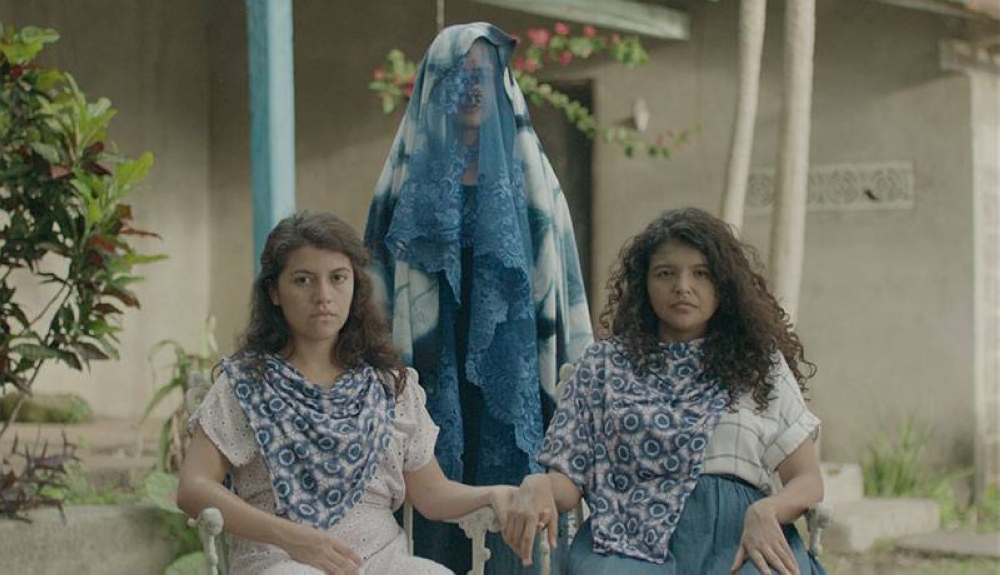
Have other works already schematically documented this topic?
To date, this topic has not been discussed in such depth. There is a previous study done in the 90’s called “Mountain Women” by Las Dignas and it addresses this problem a bit. However, the existing literature tends to romanticize the idea of the Salvadoran guerrilla and avoid the fact that he committed rape against his own companions.
What is distinctive about my thesis is that it deals with the crime of rape committed by both parties.
To this day, there is more knowledge of rapes committed by the army in El Salvador, both to create terror among the population and to punish women who belonged to the guerrillas, collaborated with the movement or were sympathizers.
However, my theory about guerrilla rape is that women, by joining, somehow violated traditional gender roles, so rape was used to control their bodies and remind them of who they really were. They had the power of the field.
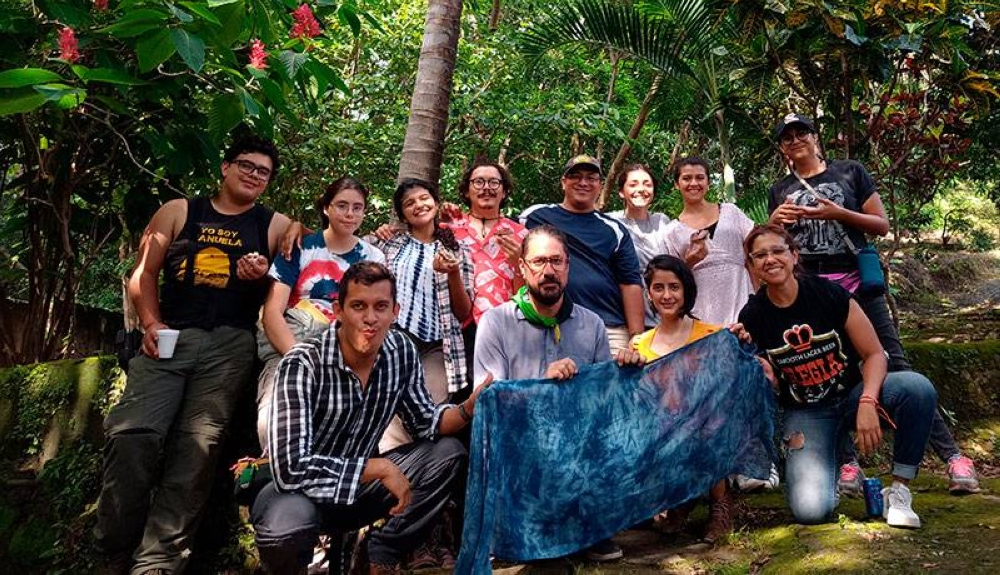
The film was shot by a technical crew of eight people and three young actors who brought the two shows to life.
Was the documentary to take your research to an audiovisual level or was it part of the project from the beginning?
It was an additional resource to somehow present the findings of my research, and I had the idea to avoid epistemic extractivism, which implies that academia generally does this kind of work without giving the results back to the people who provided them. Research. Information. Since many of the women I interviewed had difficulty reading and writing, I decided to come up with another way to get the results of the research back, as they should be the first beneficiaries.
What is the most relevant data you found in your research?
The most important fact was the realization that the Salvadoran guerrillas were sexually abusing women and girls within their own structure.
I have no concrete evidence that guerrilla forces have raped women and girls from the civilian population, although there are indications. But, in some cases that did arise, those who committed the crime were punished in some way. However, the rape of women and girls who were part of the guerrilla forces and their companions was carried out with complete impunity.
Despite the brutality of the rape by government forces, many of the women I interviewed found it more difficult to overcome the trauma of being raped by one of their partners because, as some say, they were not the enemy, they thought they were. They fought side by side with comrades who eventually betrayed their trust.

Where can I watch the documentary?
We are going to review in El Salvador this two weeks. However, for the official premiere, we plan to present it at international festivals.
What is your ultimate message with this documentary?
The main message I want to leave with my research work is that patriarchy does not really have an ideology.
We cannot say that patriarchy belongs to the right or the left, but that it is a system of oppression against women that is so deeply rooted in our society and that both warring parties have practiced with virtual impunity against women and girls. In the case of the guerrilla forces, I believe the crime is made even worse because it was committed by comrades against comrades, so it was not only physical rape but also a betrayal of trust.
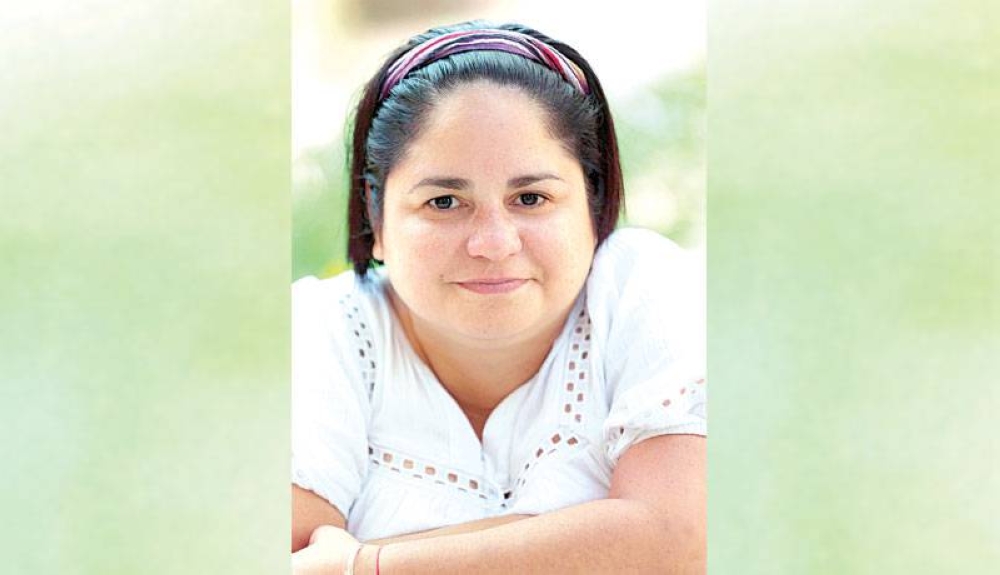
Paula Cuellar Cuellar
About the researcher
Paula Cuellar Cuellar (Santa Tecla, 1980) holds a PhD in History and Human Rights, specializing in Women, Gender and Sexuality, from the University of Minnesota. He is also a constitutional lawyer from the “José Simeón Cañas” University of Central America (UCA) and has a postgraduate diploma in human rights and democratization processes from the University of Chile. He holds a master’s degree in human rights and education for peace from the University of El Salvador and a second in international human rights law from the University of Notre Dame. He is currently completing a postdoc at Bowdoin College in the Department of Latin American, Caribbean, and Latino Studies and is writing a book on the same research that motivated “Anil.”
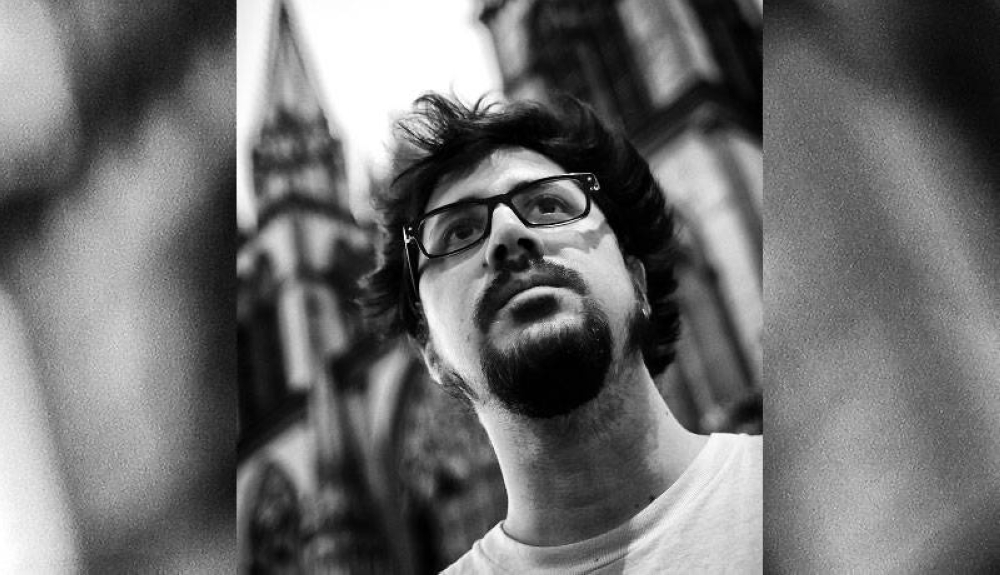
Julio Lopez Fernandez
About the manager
Julio López Fernández (Mexico City, 1981) is an independent film producer and director of Salvadoran and Mexican nationality. Among his works, he filmed chapters for the VIX documentary series “Cenizas de la Gloria” (2023) and produced films such as the documentary “El cuarto de los huesos” (2015), by Marcela Zamora; Or “Ausencias” (2015), a short film by the famous Salvadoran Mexican Tatiana Huezo. “I’ve been friends with Paula for many years and she always kept me informed about her PhD thesis on sexual violence in the Salvadoran civil war. He always told me that he was very interested in making his investigation into a film,” he shared about his experience leading the documentary Añil.
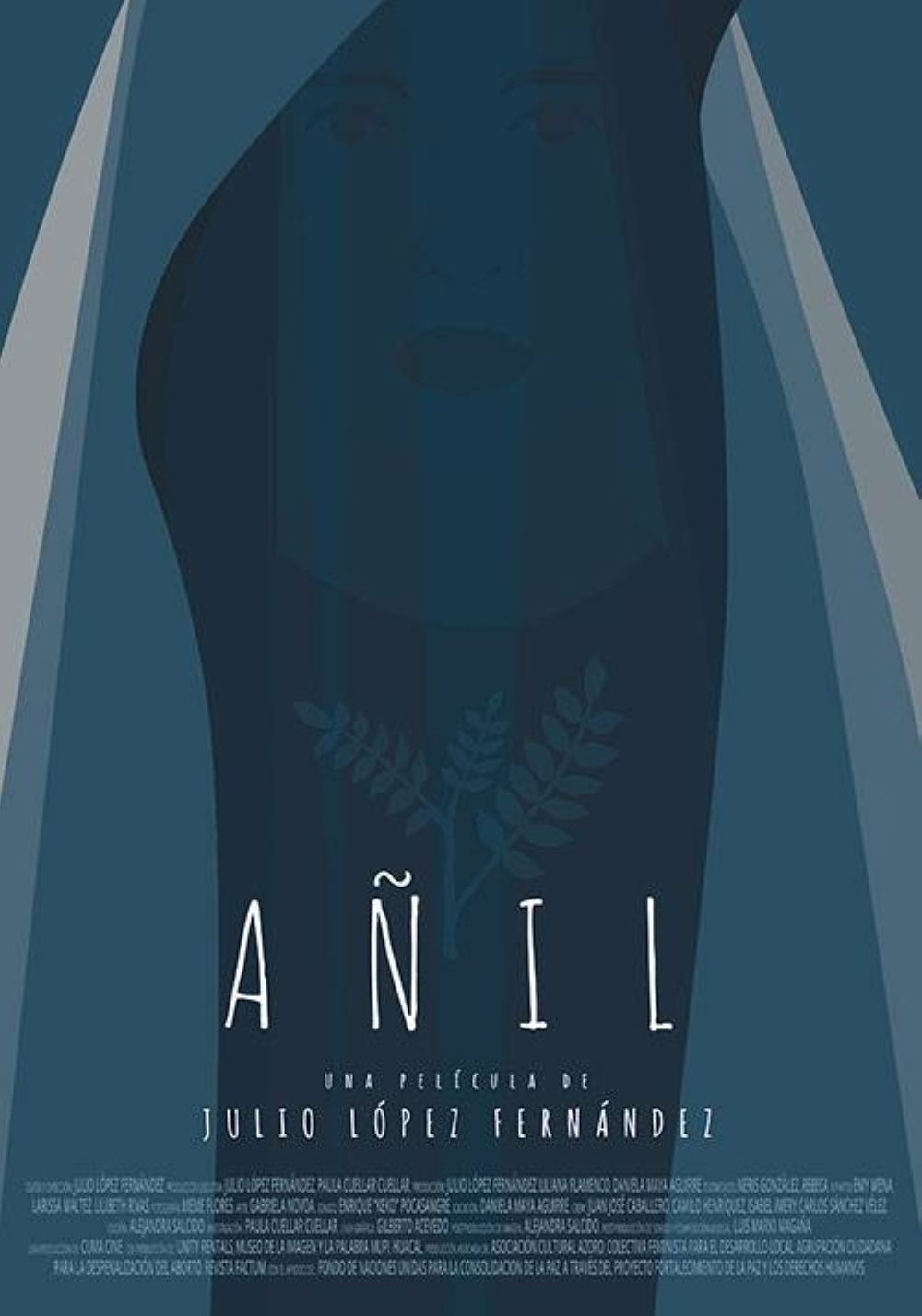
Technical sheet: “Indigo”
• Genre: Documentary
• Duration: 62 minutes
• Year: 2023
• Country: El Salvador
• Screenplay and direction: Julio Lopez Fernandez
• Testimonials: Neris Gonzalez, Rebecca
• Starring: Amy Mena, Larissa Maltas, Lilibeth Rivas
• Research: Paula Cuellar Cuellar
• Executive produced by: Julio López Fernández, Paula Cuellar Cuellar
Previews in El Salvador
Attend community presentations of “Añil” featuring its directors.
• Saturday, May 13
Time: 3:00 p.m.
Venue: Peace Arts Center, Suchitoto
Free exit
• Saturday, May 20
Time: 4:00 p.m.
Location: Nave Cine Metro, Historic Center of San Salvador
Free exit
• Sunday, May 21
Hours: 15:00 and 18:00
Location: Nave Cine Metro, Historic Center of San Salvador
Free exit
Source: Diario.Elmundo

